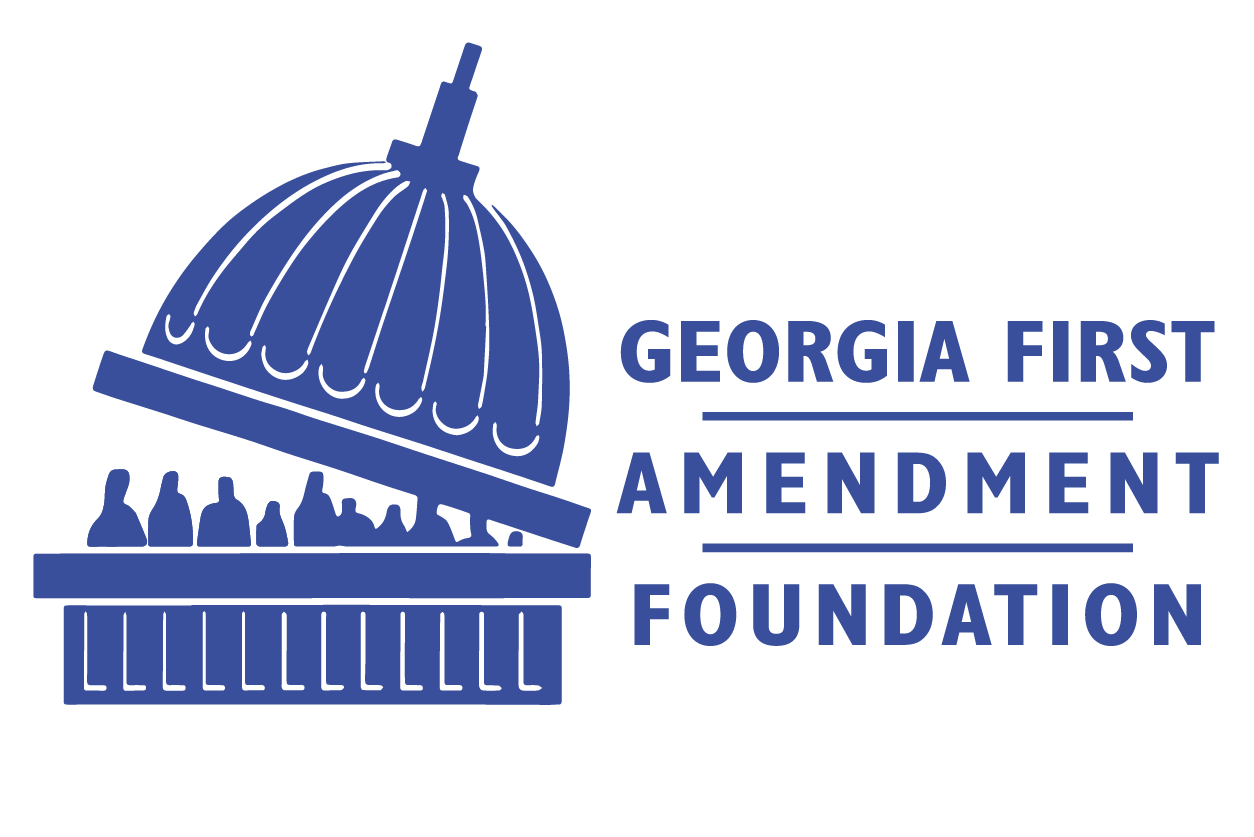By Mia McKnight
Research shows nearly one in five transgender and nonbinary youth attempt suicide, and the rate is even higher among young people of color. Despite these alarming statistics, the Georgia Legislature has considered—and in one case passed—bills blocking transgender youth’s access to gender-affirming health care and preventing teachers from speaking with students about sexual orientation and gender identity. This is part of a national trend, as legislation restricting the rights of transgender people has been proposed in almost every state in the nation, including Georgia.
On March 21, the Georgia General Assembly passed Senate Bill 140 and sent it to Gov. Brian Kemp. He signed it two days later. In effect on July 1, 2023, the resulting law prohibits doctors from providing gender-affirming care to anyone under 18. Parents of transgender children criticized the bill for involving the state in private decisions between parent, patient, doctor and other health care providers. In addition, legislators also proposed two other bills that did not make it through the session. SB 88, the “Parents and Children Protection Act,” would prohibit teachers from talking with students ages 16 and younger about sexual orientation or gender identity without parental approval. SB 141 would regulate the teacher-student relationship by compelling teachers to inform parents if a student’s “perception [of] his or her gender is inconsistent with his or her sex.” Both bills could reappear in the 2024 General Assembly session.
Proponents assert these measures will protect children and enhance parental rights. Instead, the bills actually restrict the rights of both groups. Parents are no longer able to obtain gender-affirming medical care for their children, even if their doctors recommend it and even though studies show that such care has positive impact on mental health outcomes. In addition, SB 88 and SB 141 infringe on one of our democracy’s greatest instruments for debate, enlightenment and liberty: First Amendment rights.

Mia McKnight
In the landmark free speech case Tinker v. Des Moines School District, the U.S. Supreme Court held that students do not “shed their constitutional rights to freedom of speech or expression at the schoolhouse gate.” SB 88, along with SB 141, exact state control on private conversations between teachers and students by requiring teachers to acquire parental consent to discuss sexual orientation or gender identity or by compelling teachers to tell parents about “information related to the minor’s perception that his or her gender is inconsistent with his or her sex.”
Requiring parental consent chills teachers’ and students’ freedom of expression and restricts students’ right to “voluntary inquiry,” both protected by the U.S. Constitution and Supreme Court decisions. Martin v. Struthers determined that “[t]he right of freedom of speech and press … embraces the right to distribute literature, and necessarily protects the right to receive it.” In Island Trees Union Free School District v. Pico, the Supreme Court held that local school boards cannot remove books from school libraries merely because they find the ideas contained in those books offensive.
While the state may assert more control over classroom curriculum because the classroom is a “compulsory environment,” the Court in Pico held that a student seeking a book in a library is partaking in a “voluntary inquiry” for knowledge, which has protections from state regulation. Likewise, a student seeking out a teacher to learn more about sexual orientation or gender identity in what should be a safe environment is partaking in a voluntary inquiry for knowledge. Just like the book restrictions at issue in Pico, SB 88 would improperly restrict that inquiry.
SB 88 and SB 141 would stigmatize transgender and nonbinary students. They would put these children in danger by cutting off a potentially life-saving resource: teachers. What’s more, SB 141 would force teachers to act as informants by requiring them to disclose to parents information about a student’s gender identity.
During this year’s General Assembly, lawmakers wasted time and tax dollars on misguided bills that stigmatize transgender and nonbinary people and curb students’ access to accurate information. In the 2024 session, our legislators should steer clear of such dangerous legislation.
Mia McKnight is a second-year law student at the University of Georgia. She is currently working with the School of Law’s First Amendment Clinic, which provides legal representation and client advocacy on a variety of media law and First Amendment issues.
Go to our Legislative Watch page to learn more about General Assembly bills monitored by the Georgia First Amendment Foundation.

